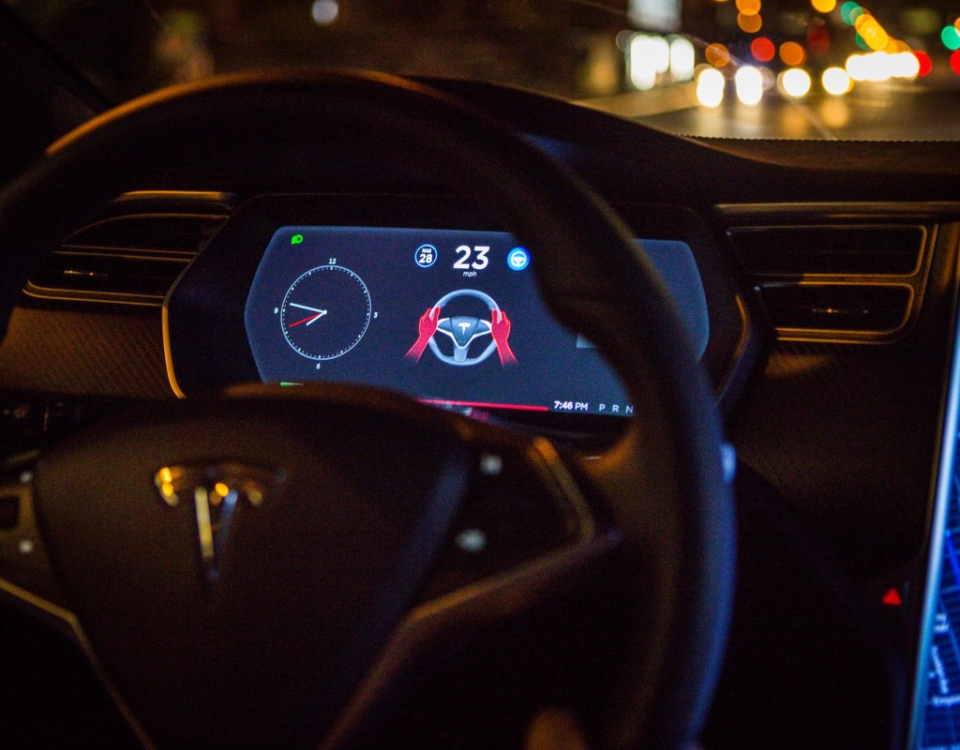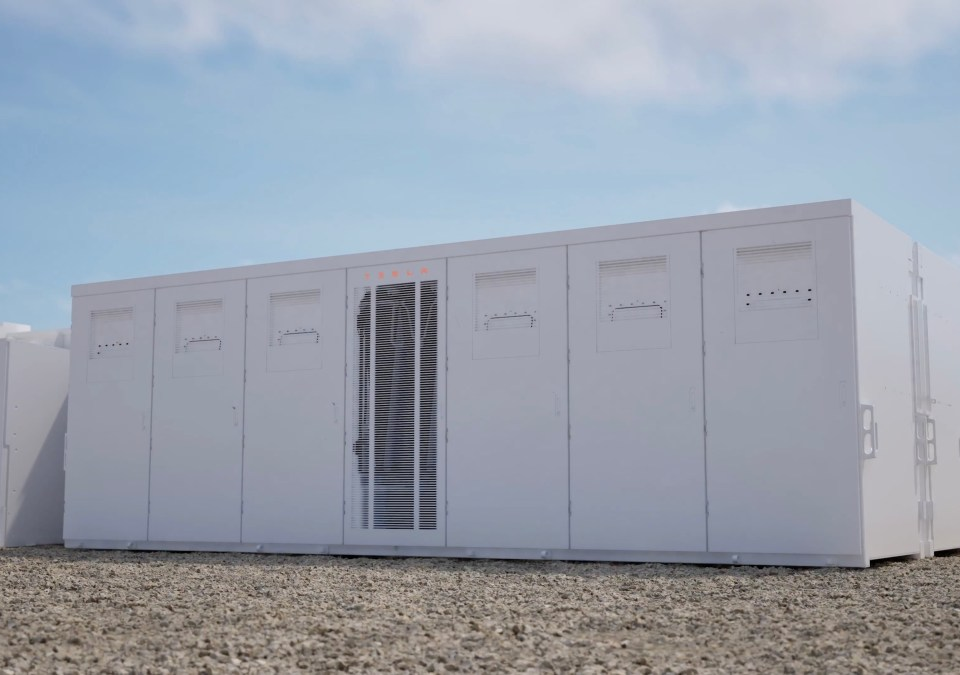
Musk says Tesla aspires to mass produce robotaxis by 2024
April 22, 2022
Cram downs are a character test for VCs and founders
April 23, 2022
Dan O’Dowd, the billionaire founder of The Dawn Project and Green Hills Software, is running for U.S. Senate on a single issue. It’s not unemployment or inflation or even education.
It’s about making computers safer for humans, starting with a ban on the Tesla-branded “Full Self Driving” beta software that some 100,000 owners currently have access to as part of a safety mission that takes inspiration from Ralph Nader.
“Today I launched my campaign for U.S. Senate to make computers safe for humanity. The first danger I am tackling is @ElonMusk‘s reckless deployment of unsafe @Tesla Full Self-Driving cars on our roads,” O’Dowd tweeted April 19.
The tweet included a 60-second ad that shows clips of various Tesla vehicles equipped with the FSD software nearly hitting pedestrians, cyclists or making other errors while an ominous voice explains the failures and at one point says “sometimes the Tesla doesn’t seem to want the driver to take over.”
The ad will be broadcast nationally, according to O’Dowd’s campaign website, which could give a whole new group of consumers insight into the product.
Tesla vehicles come standard with a driver-assistance system branded as Autopilot. For an additional $12,000, owners can buy “full self-driving,” or FSD — software that Tesla CEO Elon Musk has repeatedly promised will one day deliver full autonomous driving capabilities.
FSD, which has steadily increased in price and has added new functions, has been available as an option for years. However, Tesla vehicles are not self-driving. FSD includes the parking feature Summon as well as Navigate on Autopilot, an active guidance system that navigates a car from a highway on-ramp to off-ramp, including interchanges and making lane changes.
The latest FSD Beta is supposed to automate driving on highways as well as city streets. This is still a Level 2 driver-assistance system that requires the driver to pay attention, have their hands on the wheel and take control at all times. Numerous videos posted since last fall showing owners’ experiences provide a mixed picture of the software’s capability. In some videos, the vehicles handle city driving; in many others, drivers are seen taking control due to missed turns, being too close to the curb, failure to creep forward, veering off suddenly toward pedestrians and in at least one incident, hitting a stationary object.
Tesla began using personal driving data last September to determine whether owners who paid for its “Full Self-Driving” software would be able to access the latest beta version. Musk has provided frequent updates about the FSD software, stating as recently as a few weeks ago that the beta software would be rolled out to all customers in North America this year.
O’Dowd says he is “running to draw attention to this important safety issue: Tesla’s Full Self-Driving is defective and should be banned from our roads immediately.”
On his campaign website, O’Dowd notes that “connecting the power grid, hospitals, and millions of cars to the Internet with software riddled with bugs and security defects has turned these systems into potential weapons of mass destruction at the mercy of hackers.” But the first danger, in O’Dowd’s view is the deployment of Tesla’s branded FSD software.



